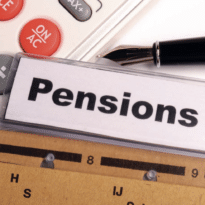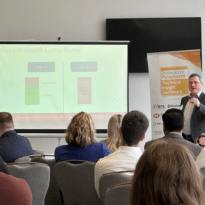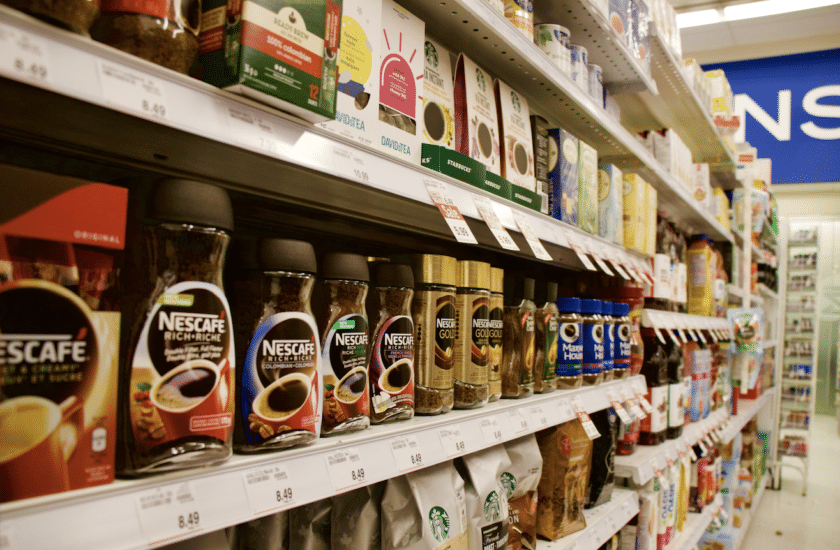ONS data shows that the rate of inflation reduced in January from the end of 2022, resulting in some optimism for are lower figure and cessation of interest rate rises as we head deeper in to 2023.
The inflation figure came in at 10.1%, year on year, falling from 10.5% in December.
Luke Bartholomew, senior economist, abrdn, says the provider expects headline inflation to continue to fall sharply as the year progresses, “with powerful base effects leading to favourable moves in wholesale energy prices”.
“Economic weakness will drag inflation well below 5% by the end of the year,” he says.
Core inflation reducing from 6.3% to 5.8%, and services inflation, which is most closely linked to domestic demand conditions, declining from 6.8% to 6%, he says is an “encouraging picture”.
He adds: “We continue to expect the Bank of England to tighten monetary policy further, but today’s report does somewhat reduce the risk of a much higher terminal interest rate. While the outlook for the economy and markets looks weak, this should provide some a little reassure to investors that the interest rate cycle is close to peaking and eventually moving in a more favourable direction.”
Sandra Holdsworth, head of Rates at Aegon Asset Management, is even more optimistic about the decline in inflation rate. She says: “Inflation is expected to keep falling as the year progresses – much will depend on the evolution of energy prices as to the speed that fall occurs but inflation of 2.5-3.0 % by year end looks likely.”
Richard Carter, head of fixed interest research at Quilter Cheviot points out that the rate of price increases has fallen just 1% since October 2022.
“With FTSE 100 recently reaching record highs, investors will be somewhat comforted by the direction of travel for prices. However food prices remain a major driver of UK inflation, continuing their upwards march in January with an eye-watering 16.8% increase. Food industry bosses have warned that prices will take considerable time to come down.
“This week’s job’s data is also a contributor, with growth in average regular pay rising to an annual rate of 6.7% in the final three months of 2022, up from 6.5 per cent in the three months to November, which adds to the inflationary spiral. The cocktail of a tight labour market and inflation failing to cool off quickly will remain a cause of concern for Bank of England policymakers, which may mean the Bank’s aggressive strategy stays in place.
“For savers, it is important to remember that while inflation is slowly decreasing, it remains high meaning cash savings are likely to be rapidly eroded in real terms. While cash savings are important to have to fall back on should you need it, where possible people should consider investing for the longer term to have a better chance of growing their money rather than seeing their savings being depleted.”




































